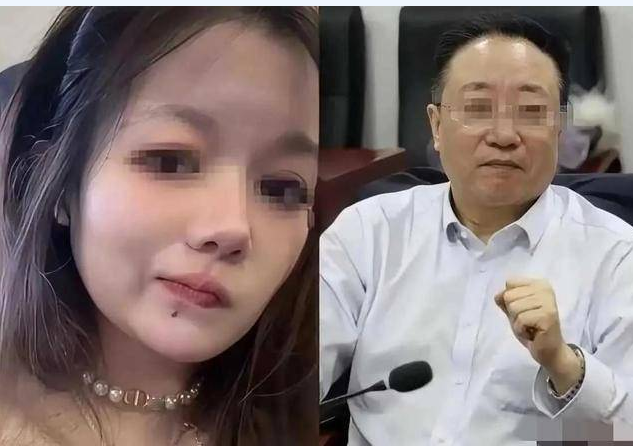The ongoing scandal involving Dr. Xiao Fei at China-Japan Friendship Hospital has shifted focus to the academic background of Dong Mouying, one of the individuals implicated. Her career path and the “4+4” program at Peking Union Medical College (PUMC) have become central to the public debate over fairness and transparency in China’s medical education system.
Dong Mouying’s Unusual Academic Journey
Dong Mouying’s academic and professional journey has raised numerous red flags. She graduated from Barnard College with a degree in economics and then entered PUMC’s “4+4” program, which allows students with non-medical backgrounds to pursue a medical doctorate. However, her academic path has been marked by several inconsistencies:
– Her doctoral thesis, focused on gynecological imaging, was supervised by an orthopedic surgeon, raising questions about the relevance and quality of her research.
– Her thesis was only 24 pages long, which is unusually short for a doctoral dissertation and has been criticized as lacking depth.
– Despite her degree being in internal medicine, she completed her residency in thoracic surgery and is currently working in urology, highlighting a disconnect between her academic training and professional practice.
Family Background and Privilege
Dong Mouying’s family background has also come under scrutiny. Her father is a senior executive at China Metallurgical Group Corporation, and her mother is a deputy dean at a university. Her grandfather is an academician at the Chinese Academy of Engineering. These connections have led to speculation that her rapid advancement through the medical education system may have been facilitated by her family’s influence rather than her academic merit.
Public Outrage and Demand for Accountability
The public has expressed significant outrage over the perceived lack of fairness in the medical education system. Many are questioning whether the “4+4” program at PUMC is being used as a privileged pathway for well-connected individuals to bypass the rigorous standards required of other medical students. There are calls for PUMC to release detailed information about the admission process, including the criteria for selecting candidates and the evaluation of their academic achievements.
PUMC’s Response and the Need for Transparency
In response to the public outcry, PUMC has faced increasing pressure to address the concerns raised by Dong Mouying’s case. The university has yet to provide a comprehensive explanation regarding the selection process and the academic standards applied to the “4+4” program. The lack of transparency has further fueled public skepticism and calls for reform.
As the scandal continues to unfold, it has highlighted the urgent need for greater transparency and accountability in China’s medical education system. The case has prompted a broader discussion about how to ensure that medical education remains fair, rigorous, and accessible to all qualified candidates, regardless of their background.
